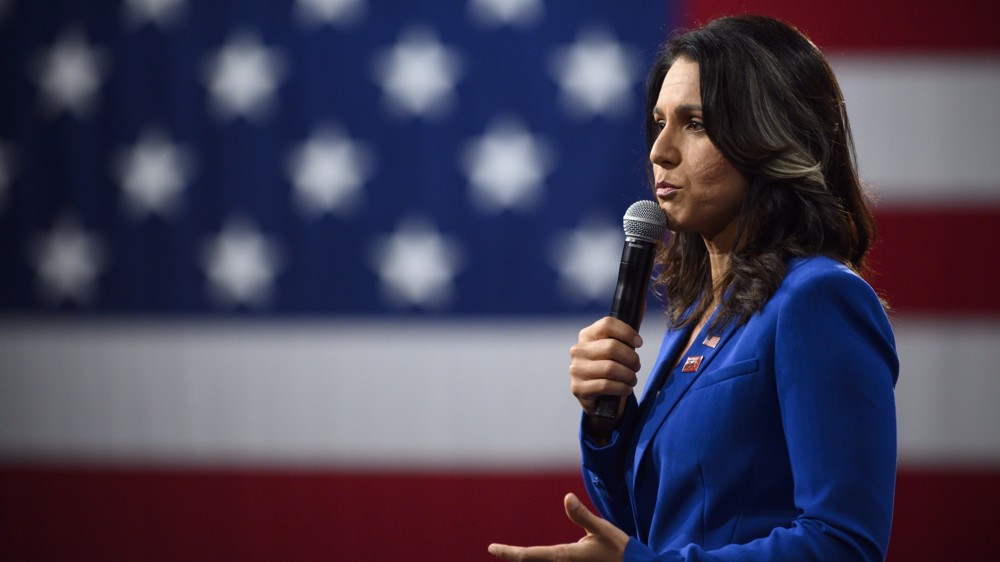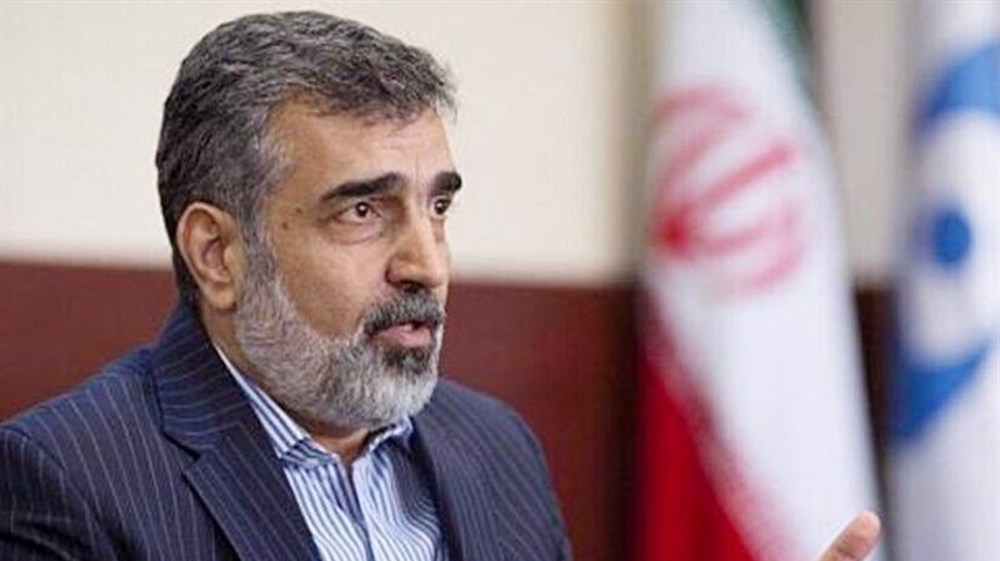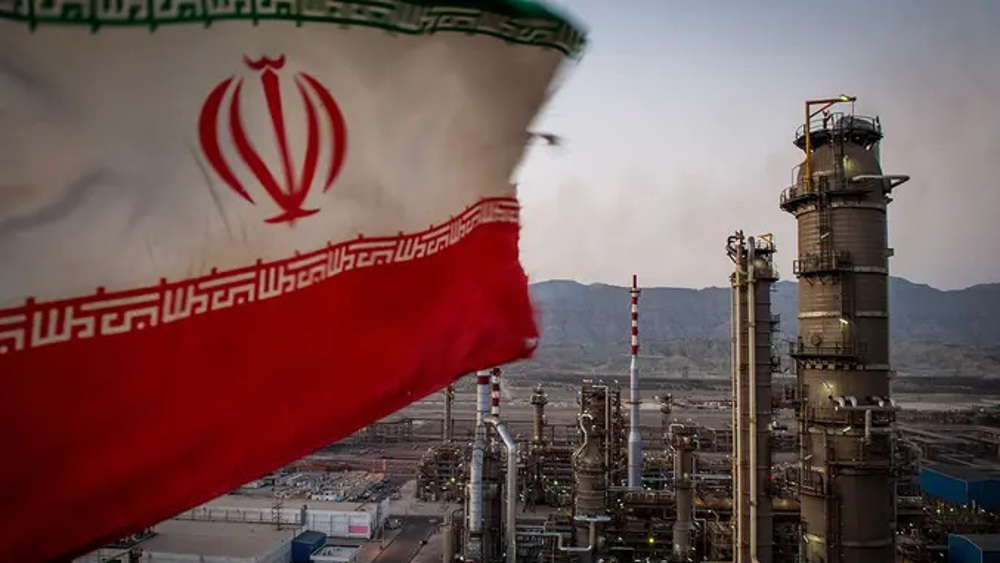Iran, EU start first ever joint project on nuclear safety
Iran and the European Union have launched their first joint project aimed at strengthening bilateral nuclear safety cooperation on the eve of the second anniversary of Tehran’s nuclear deal with six world powers.
At a Wednesday meeting in Tehran, the EU delegation, headed by Oliver Luyckx, the director of the EU nuclear safety unit, and the Iranian side led by Hojjatollah Salehi, the director of Iran’s nuclear safety center, officially announced the start of the 2.5-million-euro project.
The project was signed in April within the framework of the 2015 nuclear deal, called the Joint Comprehensive Plan of Action (JCPOA). It is part of a five-million-euro package approved in 2016 with regard to Iran-EU cooperation on nuclear safety.
Under the agreement, Tehran-EU nuclear safety cooperation will last for a period of three and a half years.
One of its key objectives is to enhance Iran’s nuclear safety capabilities in different spheres including, the establishment of a nuclear safety center as foreseen in the JCPOA.
Under the project, the EU will also support the Iranian Nuclear Regulatory Authority (INRA) in developing a nuclear regulatory framework, working toward the accession by Iran to several international nuclear conventions, and reviewing the results of the stress test to take place in the Bushehr nuclear power plant.
The project also seeks to provide more training opportunities to Iranian experts with regard to nuclear safety procedures.
On June 21, Iran and the EU also agreed on another four-million-euro project in support of Iran’s nuclear safety procedures in the upcoming years.
The implementation of the first nuclear safety project comes as the nuclear deal between Iran and the P5+1 states is about to turn two.
On July 14, 2015, Iran and the five permanent members of the United Nations Security Council - the United States, Britain, France, China and Russia - plus Germany signed the JCPOA. The deal took effect in January 2016.
The UN Security Council later unanimously endorsed a resolution that effectively turned the JCPOA into international law.
Under the agreement, limits were put on Iran’s nuclear activities in exchange for, among other things, the removal of all nuclear-related bans against the Islamic Republic.

US intel report: Iran ‘not building nuclear weapon’

Iran warns against ‘adverse’ consequences of West’s undue pressure

US imposes new round of sanctions against Iran
Yemeni army strikes Israeli airport after targeting US aircraft carrier
Iran FM calls for more unity, empathy among Muslims in Eid message
VIDEO | Press TV's News Headlines
VIDEO | Feda: Painting genocide away
VIDEO | Syrians react to HTS's 'constitutional declaration'
VIDEO | Morteza Shabani: Documentary, a mirror of real life!
VIDEO | Iran responds to Trump's letter
Israel's banking crisis







 This makes it easy to access the Press TV website
This makes it easy to access the Press TV website